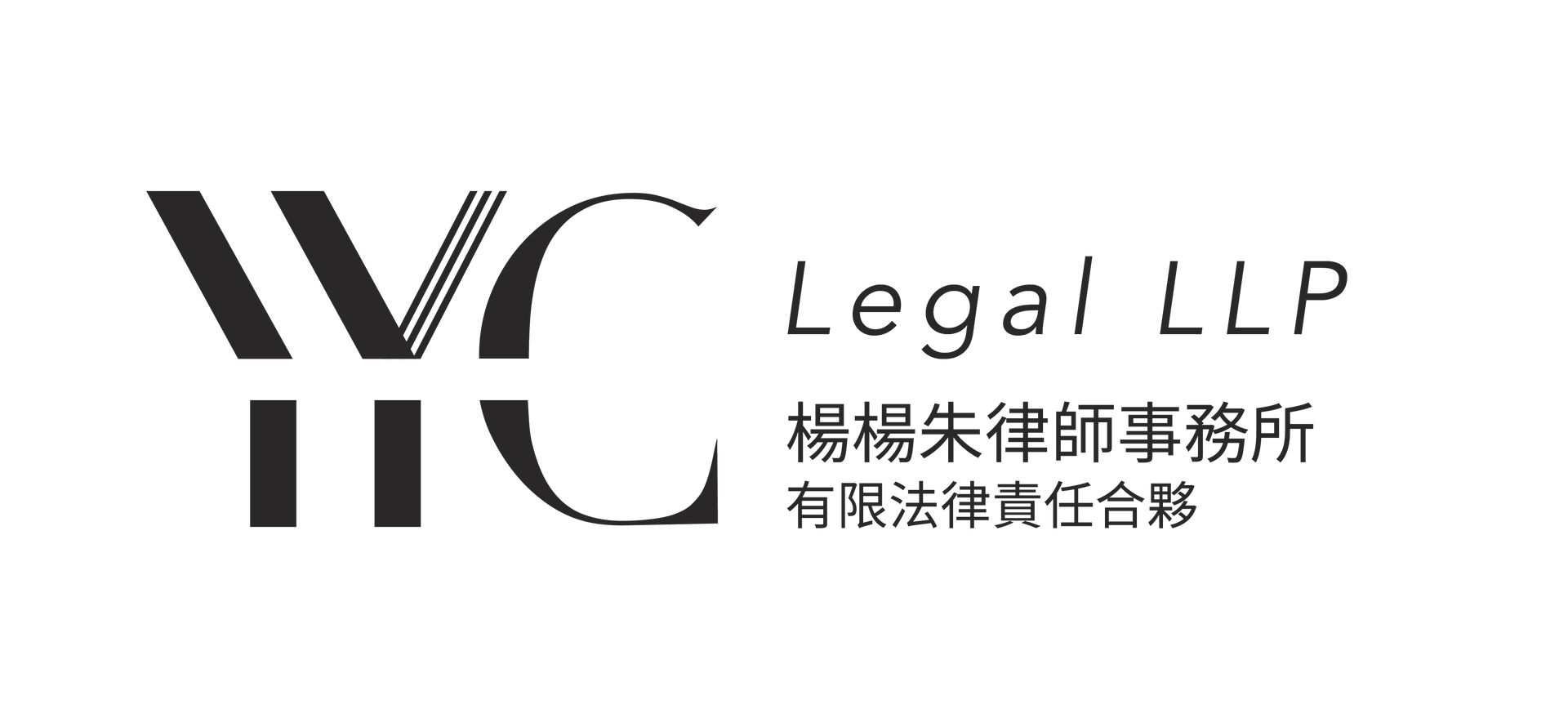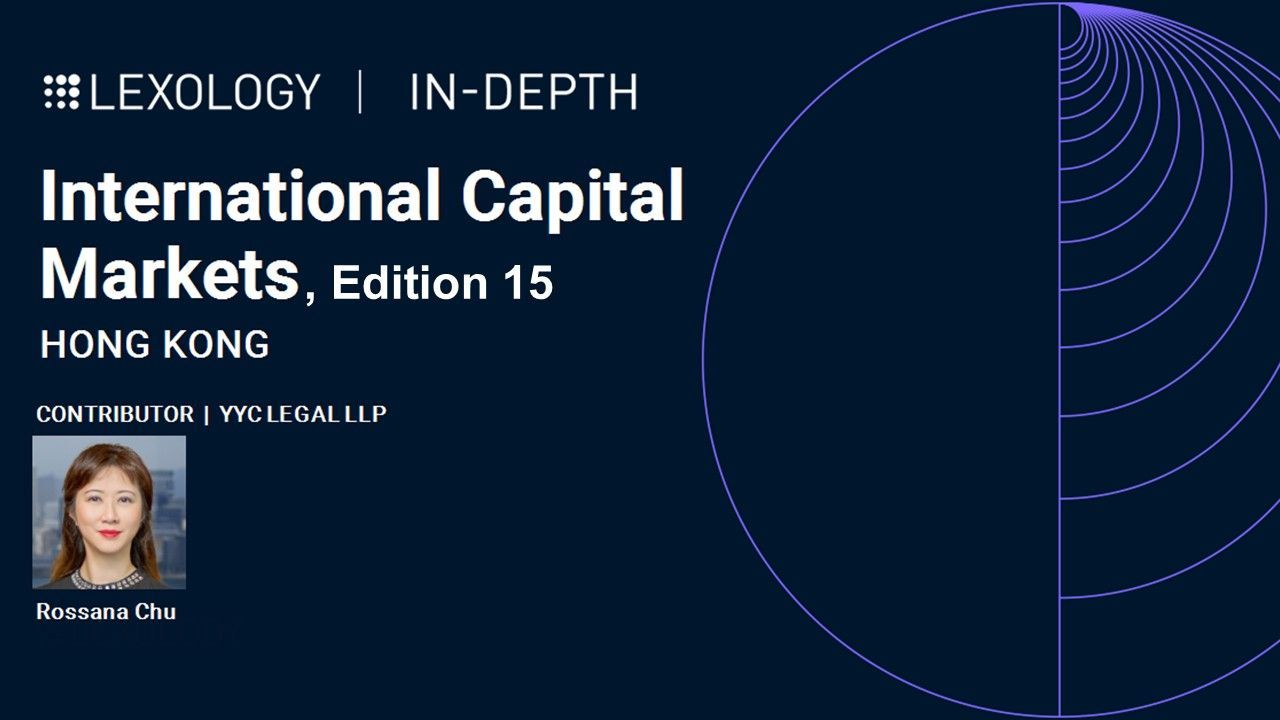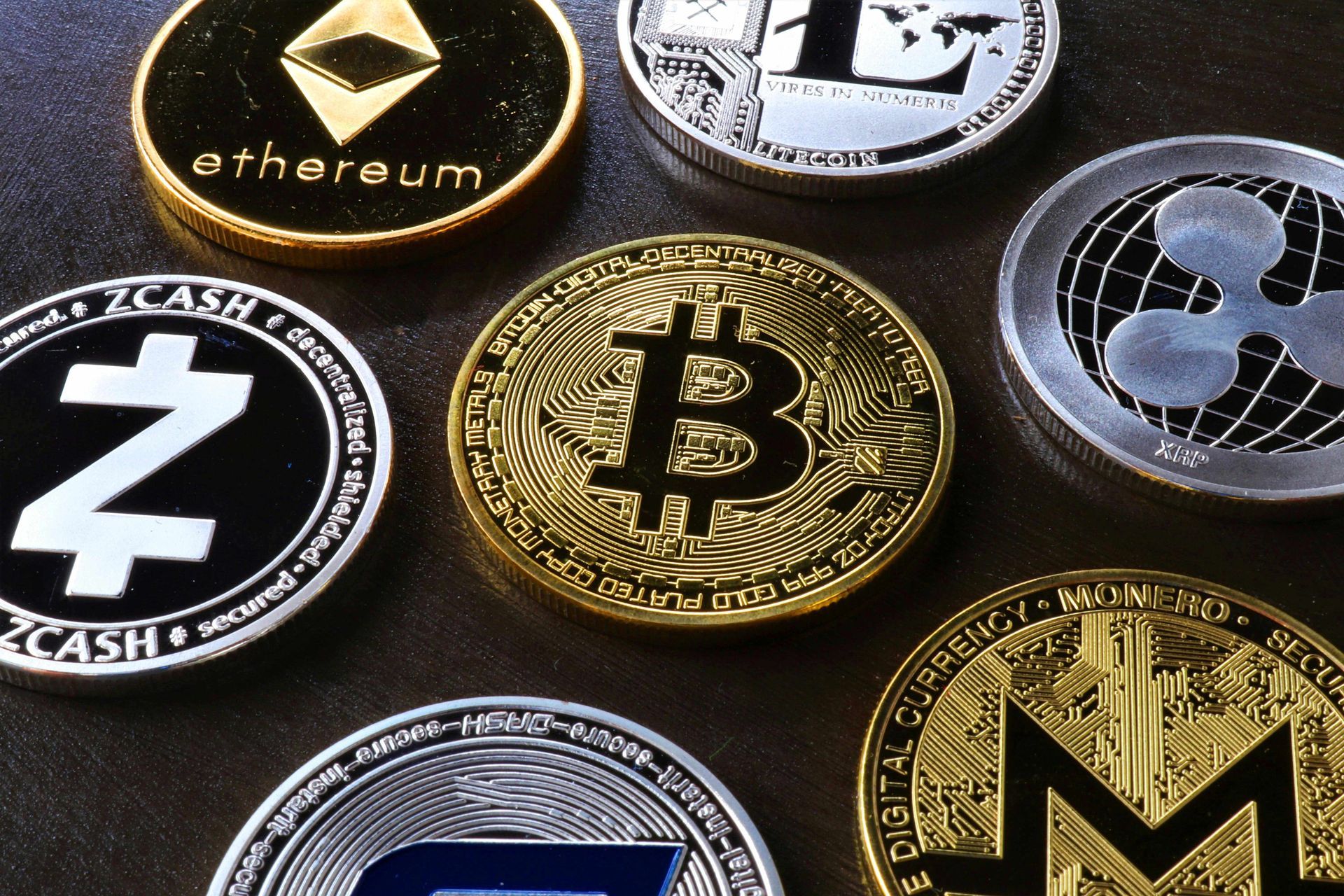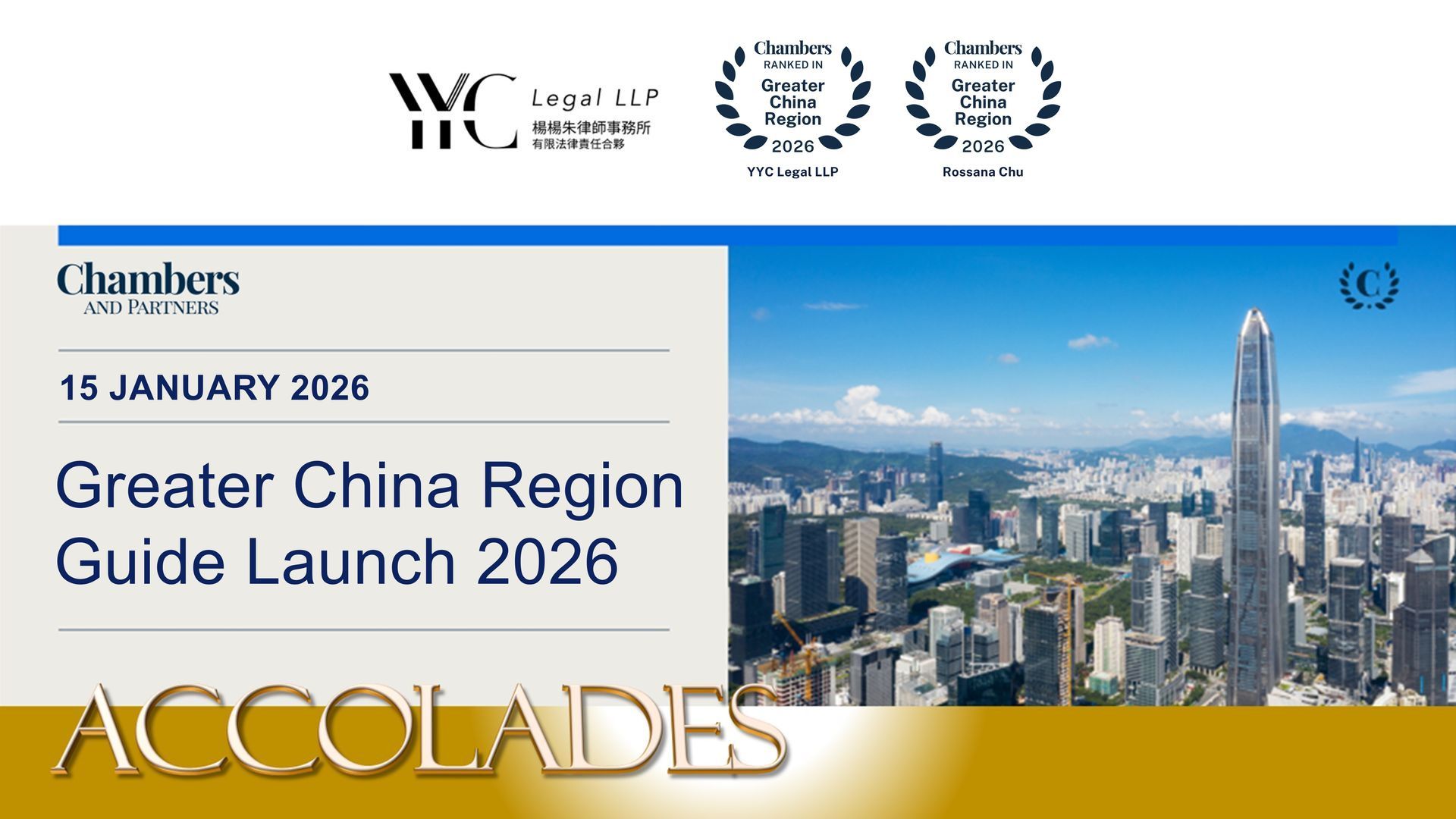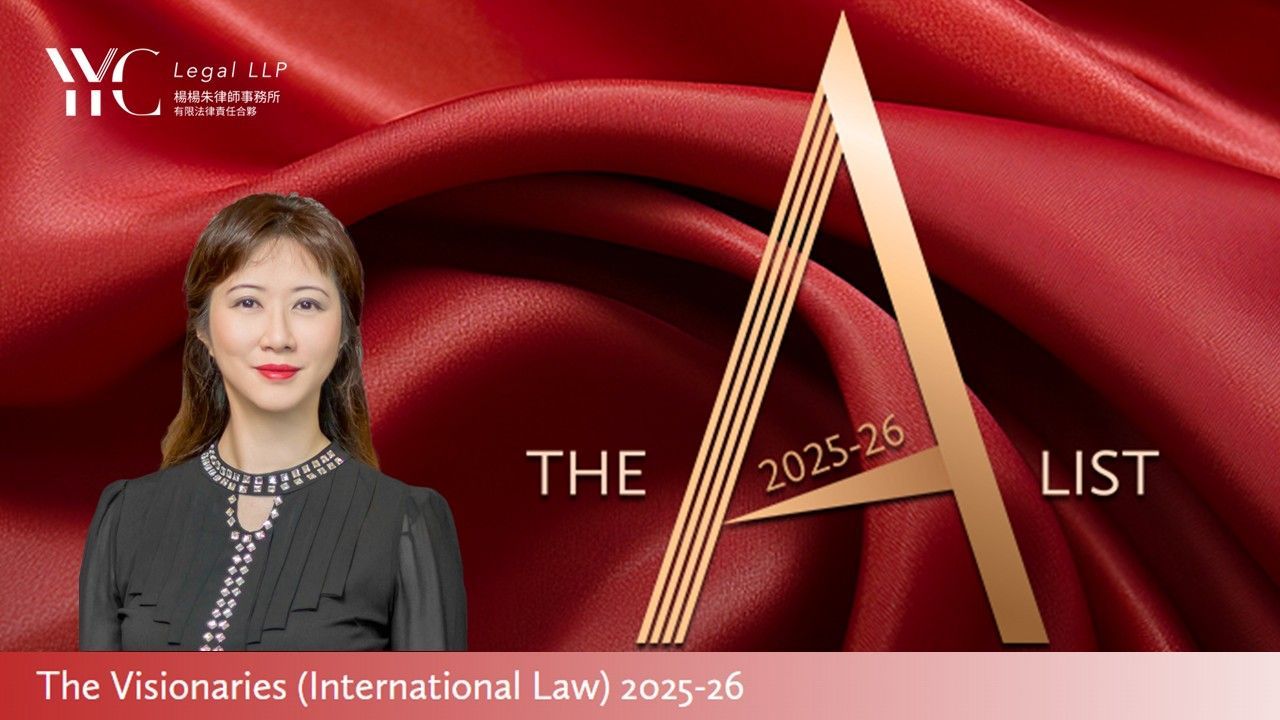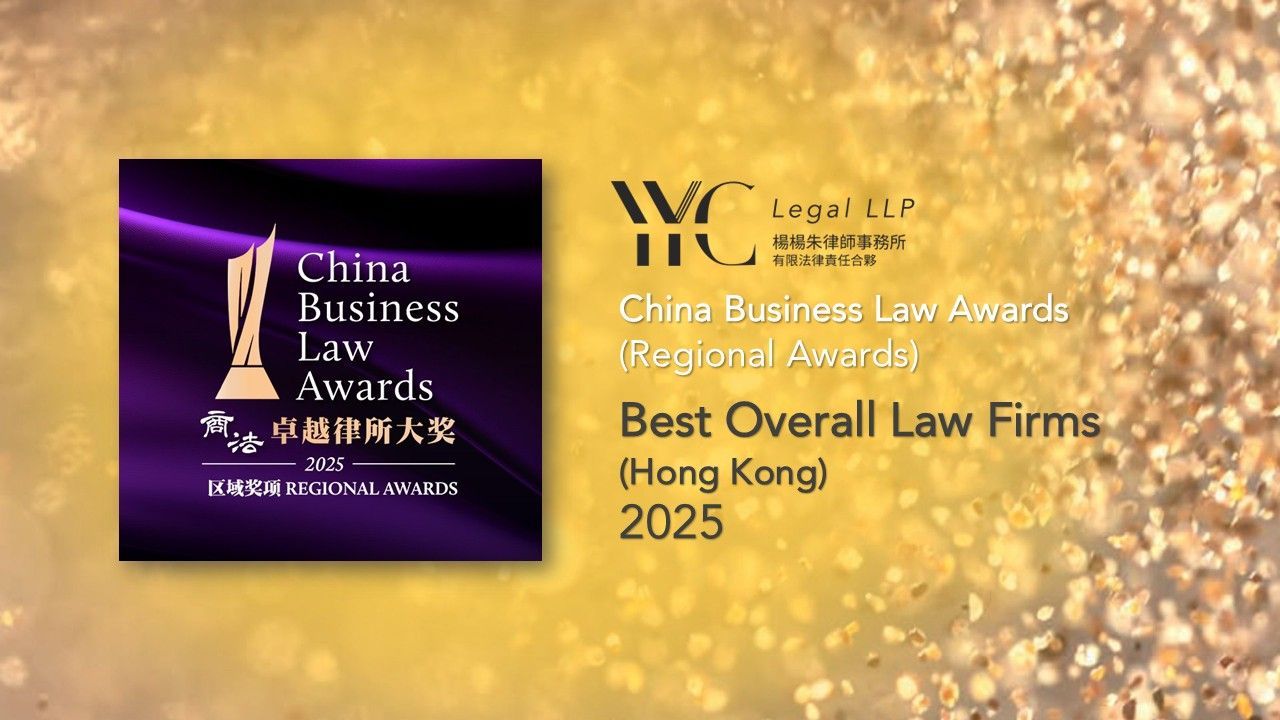In the context of tokenisation, a “real-world asset” refers to a physical asset or a traditional financial asset that is represented digitally on a blockchain. These assets may include equities, bonds, financial instruments, and funds, as well as non-financial assets such as real estate, intellectual property, natural resources, art pieces or even income streams. While Hong Kong is continuously taking initiates to build infrastructure for tokenisation of securities and other investment products, such targets are, in fact, a common subset of the term “real-world assets”, which includes diverse categories of other assets that can be tokenised.
Hong Kong’s initiatives to accelerate tokenisation of real-world assets
Hong Kong’s initiatives to accelerate tokenisation of real-world assets
Guidance on tokenisation of financial assets
The Securities and Futures Commission of Hong Kong (SFC) has provided regulatory guidance on tokenised securities-related activities as well as SFC-authorised investment products. Although the guidance focuses on issuance of tokenised financial products (including green bonds, commercial papers, warrants, aircraft leasing funds, as well as authorised retail products), it also gives insights into the tokenisation of other real-world assets.
Intermediaries play a crucial role in the tokenisation, and they include product providers, managers of product issuance, fund managers of tokenised funds, and distributors of tokenised assets, etc. The SFC guidance reminds such intermediaries to adopt safeguards in managing risks associated with tokenisation, such as:
- Product providers should remain, and ultimately be, responsible for the overall operation of the tokenisation arrangement, regardless of any outsourcing of certain functions (e.g. the technical creation of the tokens, ledger/record maintenance, smart contract audit) to other service providers;
- Conduct due diligence on, amongst other things, the issuers, the products to be tokenised, the technology aspects of tokenisation, the features and risks arising from the tokenisation arrangement, and third-party service providers;
- Ensure proper records of token holders’ ownership interests are maintained, and that the tokenised products are not issued in bearer form;
- Have appropriate measures in place to manage and mitigate cybersecurity risks, data privacy, system outages and recovery, and to maintain a comprehensive and robust business continuity plan;
- Put in place appropriate custodial arrangements which address the features and risks of the tokenised products;
- Not to use public-permissionless blockchain networks without additional and proper controls;
- Make adequate disclosure regarding the tokenisation arrangement (including whether off-chain and/or on-chain settlement is final), limitations imposed on token transfers, whether a smart contract audit has been conducted, the legal and beneficial title of the tokens, ownership of / interests in the underlying product, cybersecurity risks, the possibility of undiscovered technical flaws or system outage, and potential challenges in application of existing laws; and
- Discuss the tokenisation business plan with the SFC in advance.
The SFC points out that tokenised financial products are fundamentally traditional financial products with a tokenisation wrapper. Accordingly, the existing legal and regulatory requirements governing the traditional securities markets apply equally to tokenised products.
Although the SFC does not mandatorily limit the tokenised products to being offered or transferred to professional investors only, the existing public offering regime continues to apply when offering tokenised financial assets to the public in Hong Kong. If an offer is not authorised by the SFC or does not come with a compliant prospectus, it can only be made to professional investors or be made pursuant to applicable exemptions from the prospectus requirement.
Sandbox for interbank tokenised settlement
The Hong Kong Monetary Authority (HKMA) launched the Project Ensemble Sandbox (Sandbox) in August 2024 to explore innovative financial market infrastructure that will allow seamless interbank settlement of tokenised money through wholesale central bank digital currency (wCBDC). Four main themes of asset tokenisation use cases for the initial round of experimentation were introduced, including fixed income and investment funds, liquidity management, green and sustainable finance, and trade and supply chain finance. The Sandbox not only enables the HKMA to examine technical interoperability among tokenised assets, tokenised deposits and wCBDC, but it also allows industry participants to conduct testing of tokenised asset transactions in practical use case scenarios.
This is a significant stride towards the tokenisation of real-world assets, because if money and bank deposits can be tokenised amongst banks, such tokenised money and deposits can be used for tokenised asset transactions, unleashing the full potential of tokenisation. In particular, such transactions can be executed instantaneously and irrevocably, with both payment and asset transfer occurring simultaneously without settlement risk.
Way ahead
The Hong Kong Government holds a positive attitude towards embracing financial technology moving forward, and strives to provide a technology-neutral regulatory environment that encourages innovation without compromising market integrity. While the SFC is providing guidance to stress the important roles of product providers in being ultimately responsible for management and operational soundness of the tokenisation arrangement, all intermediaries and parties involved in the process are reminded to understand and manage the risks (including new risks) associated with the tokenisation in areas such as ownership, settlement finality, technology, custody and legal / regulatory compliance.
On the other hand, Hong Kong is keen to build an architecture that can achieve interoperability between traditional financial ecosystem and the new ecosystem on blockchain. The HKMA’s endeavour in using the Sandbox, accelerated by the experience accumulated from the use cases in the Sandbox, will drive a common standard for the payment and transfer of tokenised assets in the Hong Kong market.
YYC Legal LLP is in Association with East & Concord Partners (Hong Kong) Law Firm.
First published in May 2025 YYC Legal - legal trends of China Business Law Journal.
This material has been prepared for general informational purposes only and is not intended to be relied upon as professional advice. Please contact us for specific advice.
Recent articles
Recent News
